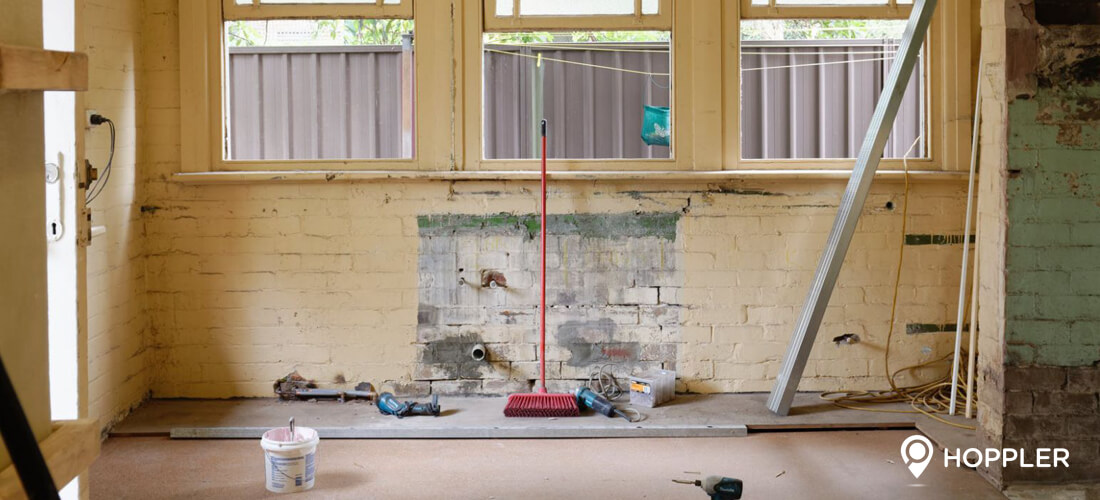What Do Expat Home Buyers in the Philippines Need to Know?
With picture-perfect beaches, great climate, nature in the plentiful, and a low cost of living, it does not come as a surprise that the Philippines has become home to a significant number of expats. While buying a home in this country as a foreigner might not be as easy as it is in your home country, doing a little groundwork will hold you in good stead.
Can Expats Buy Property in the Philippines?
There are some restrictions when it comes to buying property in the Philippines as an expat. Legally, foreigners may purchase units in condominiums or apartment complexes, provided at least 60% of the block is locally owned. Buying land as a foreigner is not as straightforward, although you might be able in some scenarios.
- You’re a former Filipino citizen who now has foreign citizenship
- You buy land in the name of your Filipino spouse
- You’ve married a non-Filipino citizen but have retained your Filipino citizenship
- You enter into a long-term lease of up to 50 years
- You are a co-owner of corporation registered in the Philippines
If you plan to purchase land through your spouse or a corporation, the maximum you may purchase limits to 1,000 square meters of urban land or 10,000 square meters of rural land.
The Country’s Property Market
Property prices in the Philippines witnessed a downward swing in 2008 and 2009, but the market has largely revived since then. From the first quarter of 2015 to 2016, prices of condominium units increased by almost 13%. However, the high-end condo market around Manila hasn’t been doing particularly well in recent times.
You might want to consider purchasing a home in an area that already has a sizeable expat population. Some of your options include Metro Manila that comprises of Makati, Quezon, Parañaque, and Taguig, as well as Angeles City, the Subic Freeport Zone, Laguna, Clark, and Cebu.
Getting a Home Loan in the Philippines
Not all banks in the Philippines provide home loans to foreigners. Your eligibility for a mortgage also depends on the kind of visa you have and your financial stability. Metrobank and BDO Unibank are examples of banks that provide home mortgages for expats, although you will have to meet their stringent eligibility criteria. If the bank you bank with in your home country has a presence in the Philippines, you might consider approaching it for a loan.
Professional Help
Property consultants and real estate agents can help guide you through the entire process, given that they know how local regulations work. Besides, they might also be able to show you properties that have not been listed online. Hiring a local lawyer can help you address aspects such as verifying the property’s title, registering the property in your name, and carrying out all the required paperwork.
Costs
Most of the fees involved in buying a property in the Philippines are borne by the seller. The costs you will need to cover include:
- Registration fees: 1%
- Notary fees: 1% to 2%
- Local transfer tax: 0.75%
- Real estate agent fees: 3% to 5%
When you sell the property, you will need to pay a capital gains tax of around 6%.
Making Payments
If you end up getting a loan from a bank in the Philippines, you’ll still need to make a down payment of around 10% to 30% of the home’s cost. If you’re outside of the Philippines, you may transfer the money using the services of your bank. However, since most banks tend to offer less than favorable deals, you might be better off turning to specialist overseas money transfer companies such as TransferWise or OFX.
Conclusion
Property prices in the Philippines, like in every other country, vary depending on several factors such as location, condition, size, and features. After you identify a suitable area, consider working with a professional who can provide the right kind of assistance. Make a shortlist, compare your options well, and, most importantly, do not rush into making a purchase.
Author Bio
 Jon Dela Cruz works as a researcher with iCompareFX, a website that gives its users the ability to compare the world’s top overseas money transfer companies. When he’s not working, he likes exploring different genres of music.
Jon Dela Cruz works as a researcher with iCompareFX, a website that gives its users the ability to compare the world’s top overseas money transfer companies. When he’s not working, he likes exploring different genres of music.



